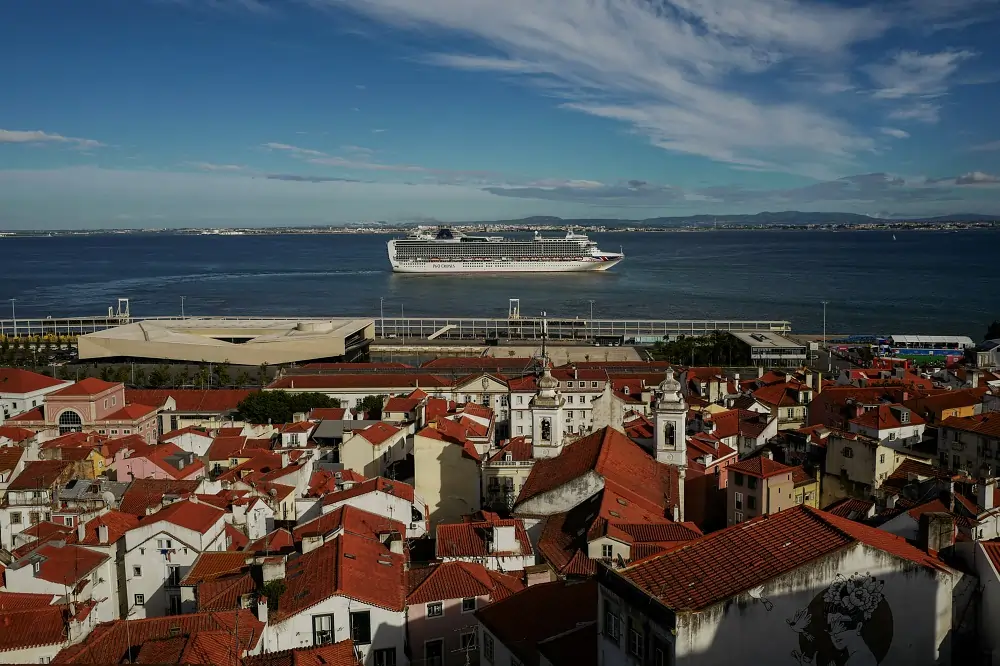
By Sergio Goncalves
LISBON (Reuters) -The Bank of Portugal on Tuesday lowered the economic growth outlook for this year to 1.6% from the 2.0% it projected in June, pointing to an anaemic third quarter with a slowdown in exports and private consumption.
It expects the economy, which grew 2.5% in 2023, to expand by 2.1% next year 2025 and 2.2% in 2026, slightly below previous estimates.
In its quarterly economic bulletin, the central bank said that “recent activity developments have been weaker than expected, with an acceleration projected towards the end of the year” after growth likely remaining weak in the third quarter.
The government still expects the economy to grow by around 2% this year and the new central bank forecast is double that expected for the broader euro zone.
Governor Mario Centeno warned that strong signs of Germany’s economic activity entering negative territory were being felt in September’s qualitative indicators of many euro area economies.
“The growth of the Portuguese economy will depend on investment and external demand, whose recent behaviour has not been amazing,” he told a news conference.
Centeno also warned that the ongoing cycle of monetary policy easing by the European Central Bank would still leave interest rates permanently above the levels seen before the inflationary process began, calling on families, companies and the state to build financial cushions for the future.
The central bank sees investment growing by just 0.8% in 2024, after 3.6% in 2023, adding that “the gradual transition to lower interest rates and inflows of European funds will support greater investment growth” in the future.
Exports growth, predicted at 3.8% this year, should still outpace last year’s 3.5%, but the new forecast is well below the 4.2% expected in June.
Private consumption, which is expected to represent closer to half of Portugal’s GDP rather that about two-thirds traditionally, is seen growing 2.5% this year after 2.0% in 2023.
(Reporting by Sergio Goncalves; editing by Andrei Khalip and Ed Osmond)


